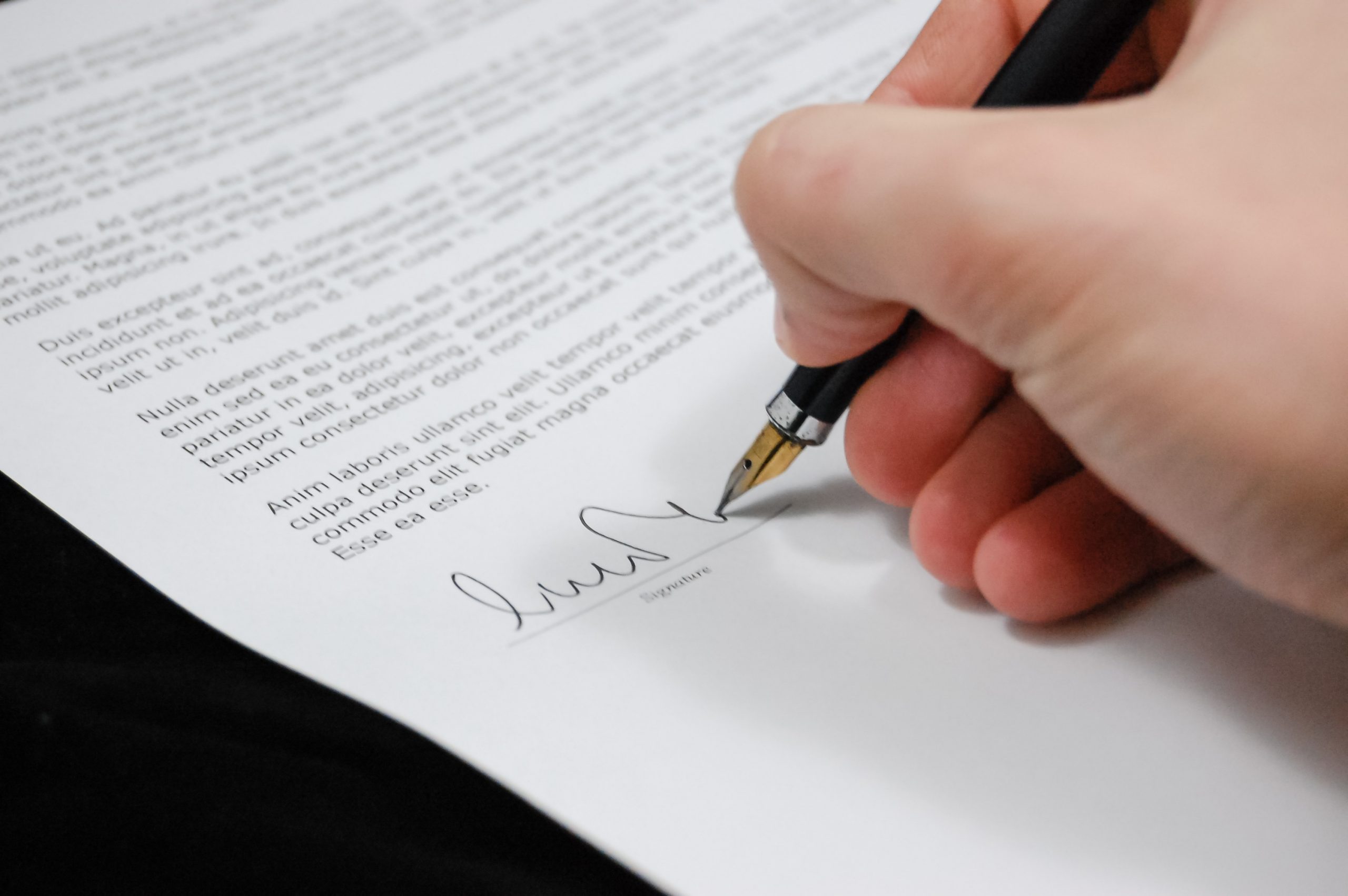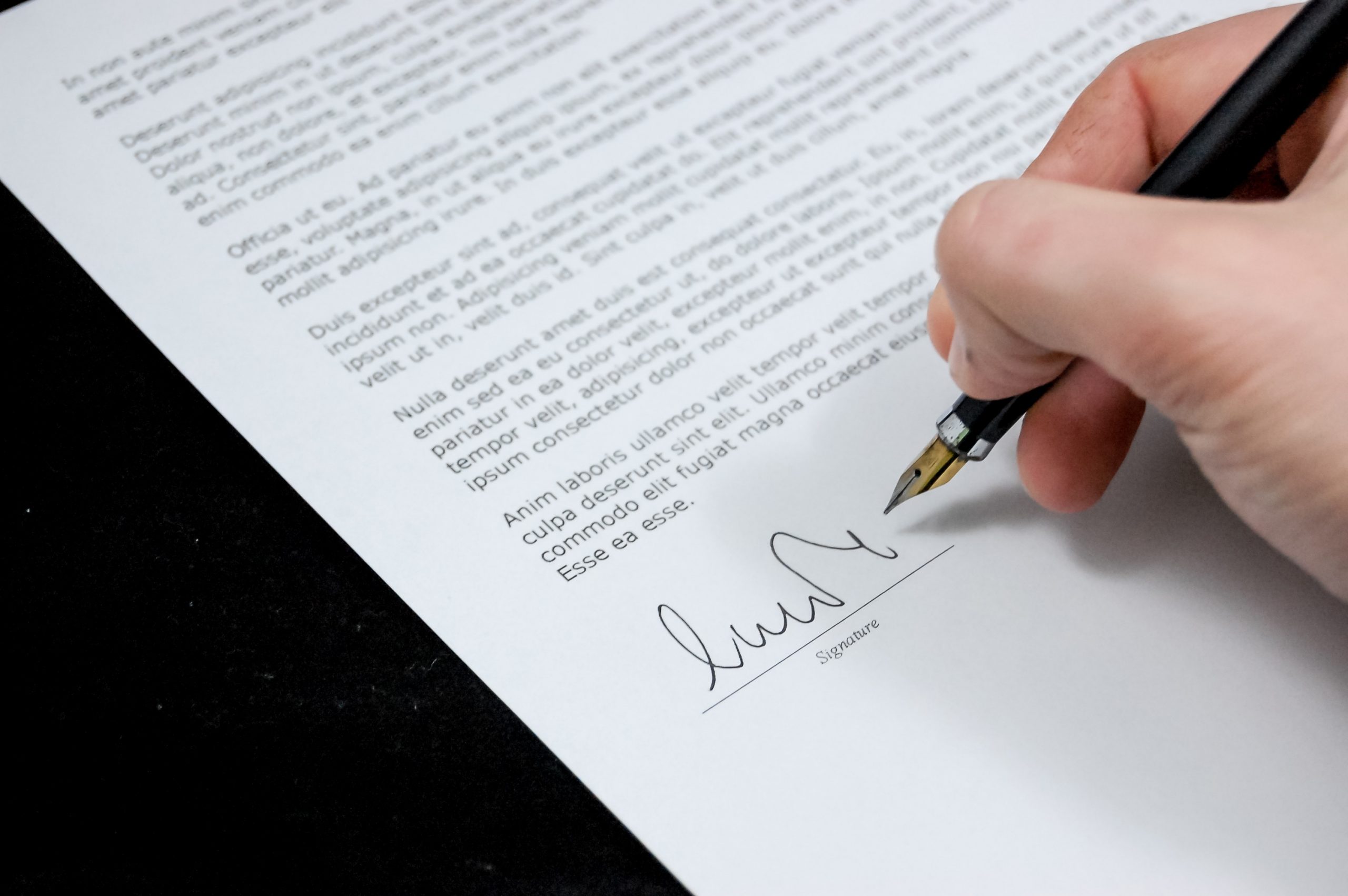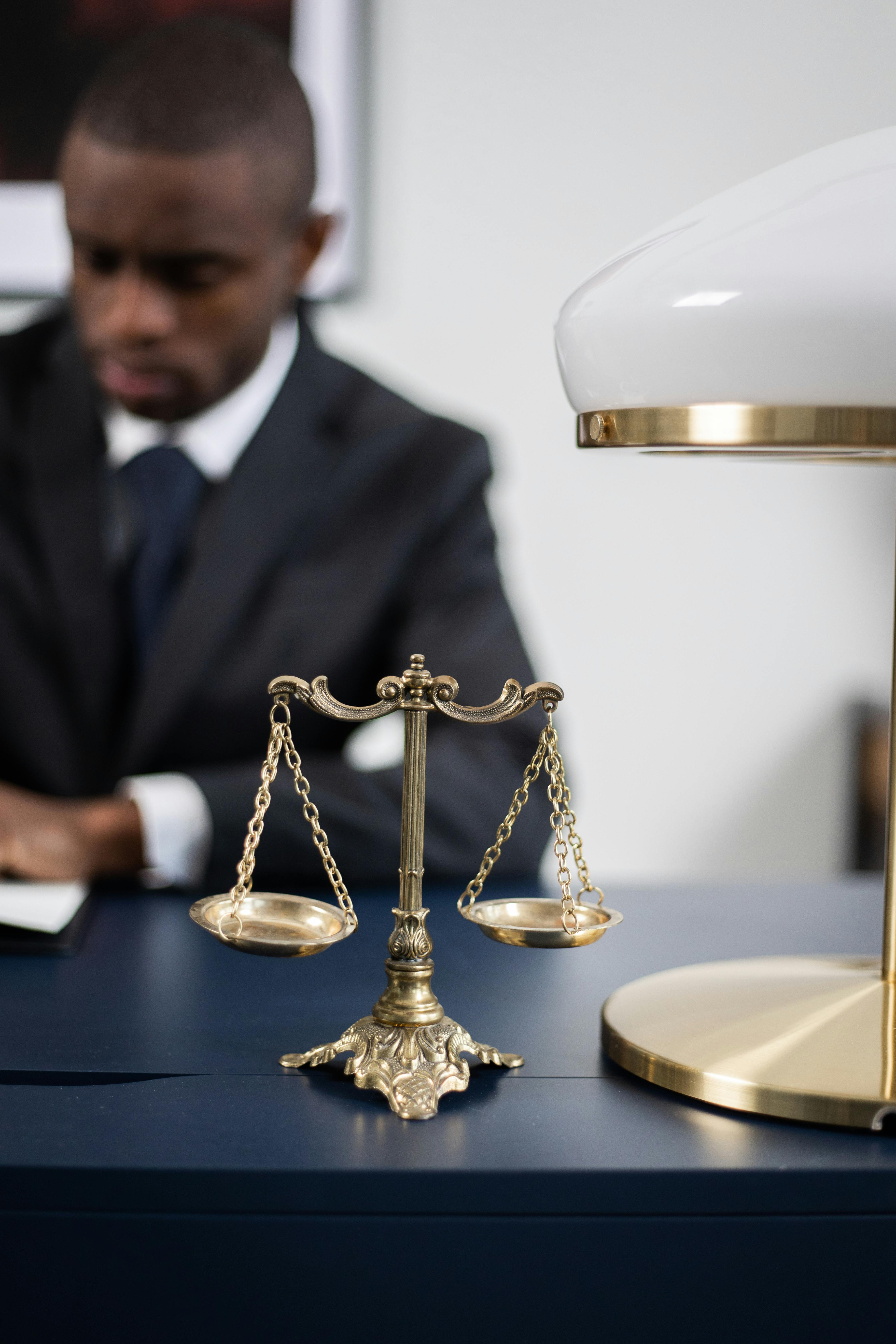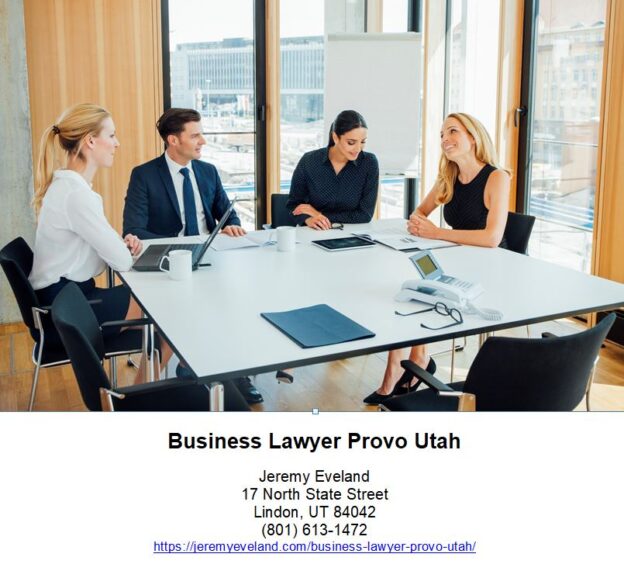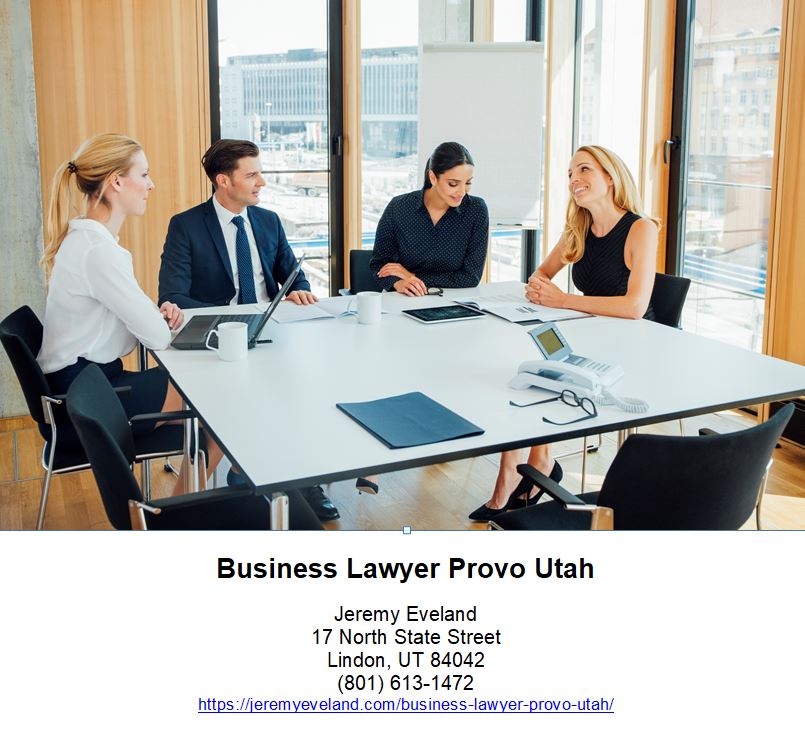In today’s digital age, social media platforms have become an integral part of our daily lives, providing us with convenient ways to connect, share, and express ourselves. However, this interconnectedness comes with certain risks, particularly when it comes to social media defamation claims. In this article, we will explore the complexities and legal considerations surrounding social media defamation, shedding light on how businesses and their owners can protect their reputation and seek justice in the face of false and damaging online statements. Delve into the key FAQs in this area of law to gain a comprehensive understanding of the subject matter and feel empowered to take the necessary steps to safeguard your reputation online.

Understanding Social Media Defamation Claims
In today’s digital age, social media has become the go-to platform for individuals to express their opinions and share information. While this can be beneficial in many ways, it also opens the door to potential legal issues, including defamation. Defamation refers to the act of making false statements that harm the reputation of an individual or entity. When these defamatory statements are made on social media platforms, it gives rise to what is known as social media defamation.
What is Defamation?
Defamation is a legal concept that encompasses both oral (slander) and written (libel) statements. It occurs when a false statement is made about an individual or entity that harms their reputation. To establish a defamation claim, several key elements must be present, including a defamatory statement, publication of the statement to a third party, identification of the plaintiff, fault or intent, and resulting harm or damages.
What is Social Media Defamation?
Social media defamation occurs when defamatory statements are made on various social networking platforms such as Facebook, Twitter, Instagram, or LinkedIn. These platforms provide individuals with a wide-reaching audience, making it easy for false statements to be disseminated quickly. Any untrue statements that harm the reputation of an individual or entity on social media can potentially give rise to a social media defamation claim.
Why Social Media Defamation Claims are on the Rise
Social media defamation claims have become increasingly common in recent years. There are several reasons for this rise:
-
Ease of Publication: With social media platforms being easily accessible to almost everyone, it has become effortless for individuals to publish defamatory statements with a few clicks. This ease of publication increases the likelihood of defamatory statements being made.
-
Viral Nature of Social Media: Social media platforms are designed for sharing information and content quickly. When a defamatory statement goes viral, it can reach a vast number of people within a short span of time, causing significant damage to the reputation of the defamed individual or entity.
-
Anonymity: Social media provides individuals with a sense of anonymity, leading some to make false and damaging statements without fear of repercussions. This anonymity can make it harder to identify the individuals responsible for the defamatory statements.

The Importance of Addressing Social Media Defamation
Addressing social media defamation is crucial for both individuals and businesses. Defamatory statements can harm a person’s reputation and livelihood, leading to emotional distress, lost job opportunities, damaged business relationships, and financial losses. By taking legal action against social media defamation, individuals and businesses can protect their reputation, regain their standing in the community, and seek compensation for the harm caused.
Elements of a Social Media Defamation Claim
To successfully pursue a social media defamation claim, several elements must be proven:
Publication of Defamatory Statement
The defamatory statement must have been published to a third party, either through a direct post or by sharing the statement with others. This requirement ensures that the false statement was communicated beyond the person making the statement.
Identification of the Plaintiff
The defamed individual or entity must be clearly identified in the defamatory statement. It is essential to establish that the statement was made about the specific person or business claiming defamation.
False and Defamatory Statement
The statement must be false and have the potential to harm the reputation of the individual or entity. Mere expressions of opinion or statements of fact that can be proven true are generally not considered defamatory.
Fault and Intent
In a social media defamation claim, it is necessary to demonstrate that the person making the defamatory statement was at fault and acted with intent or negligently. This requirement helps distinguish between genuine mistakes and intentional harm.
Harm and Damages
To support a defamation claim, the plaintiff must show that they suffered harm or damages as a result of the defamatory statement. This can include damage to reputation, emotional distress, lost business opportunities, or financial losses.
Types of Social Media Defamation
There are two primary forms of social media defamation:
Slander (Oral Defamation)
Slander refers to defamatory statements that are made orally or through spoken words. While social media platforms mainly deal with written content, instances of oral defamation can still occur in the form of audio-based platforms, such as podcasts or audio clips shared on social media.
Libel (Written Defamation)
Libel involves defamatory statements that are written or published in a permanent form, such as posts, comments, articles, or even images shared on social media platforms. The written nature of libel allows it to be easily shared, resulting in potential harm to the reputation of the defamed individual or entity.
Legal Defense Strategies for Social Media Defamation Claims
If faced with a social media defamation claim, defendants can employ various legal defense strategies, including:
Truth as a Defense
Truth is an absolute defense in defamation cases. If the statement made on social media is true, it cannot be considered defamatory. Providing evidence to establish the truthfulness of the statement can be instrumental in defending against a defamation claim.
Privilege and Immunity
Certain individuals and entities may be protected from defamation claims based on the concept of privilege and immunity. For example, statements made by government officials during government proceedings or statements made in courtrooms may be protected from defamation claims.
Opinion Defense
Opinions are generally protected as a form of freedom of speech. If a statement is presented as an opinion rather than a statement of fact, it may not be considered defamatory. Establishing that the statement was an expression of opinion can serve as a defense in a social media defamation claim.
Fair Comment Defense
Fair comment is a defense that applies when the statement made is a genuine expression of the defendant’s opinion based on true facts. This defense is commonly used in cases involving criticism of public figures, matters of public interest, or reviews of products or services.
Innocent Dissemination Defense
If a person or entity unknowingly shares a defamatory statement made by someone else, they may use the innocent dissemination defense. This defense asserts that the person or entity acted as a mere conduit of information and had no knowledge of the defamatory nature of the statement.

Proving Damages in a Social Media Defamation Claim
To succeed in a social media defamation claim, the plaintiff must prove that they have suffered damages as a result of the defamatory statement. Several types of damages can be claimed:
Actual Damages
Actual or compensatory damages aim to compensate the plaintiff for the harm suffered. This can include damage to the plaintiff’s reputation, emotional distress, lost business opportunities, and financial losses directly caused by the defamatory statement.
Presumed Damages
In some cases, damages may be presumed without requiring the plaintiff to provide proof of specific harm. These presumed damages are typically available in cases involving particularly egregious statements, such as those involving accusations of criminal conduct, moral turpitude, or sexual impropriety.
Special Damages
Special damages are specific, quantifiable financial losses that result from the defamatory statement. This may include lost income, lost clients or customers, or damage to business relationships.
Punitive Damages
Punitive damages are awarded in cases where the defendant’s conduct is found to be particularly malicious, intentional, or reckless. These damages aim to punish the defendant and deter others from engaging in similar behavior.
Statute of Limitations for Social Media Defamation Claims
It is essential to understand the time limit within which a social media defamation lawsuit must be filed. This time limit is known as the statute of limitations and varies depending on the jurisdiction. Failing to file a lawsuit within the specified time frame can result in the claim being barred. It is advisable to consult with an attorney to determine the statute of limitations applicable to a specific case.
How to Handle Allegations of Social Media Defamation
If you find yourself facing allegations of social media defamation, it is crucial to take appropriate steps to protect yourself and your reputation. Here are some recommended actions to consider:
Gather Evidence
Collect any evidence that may be relevant to your case, such as screenshots of the defamatory statements, timestamps, or any other supporting documentation. This evidence can help prove the truthfulness of your statements or challenge the defamation claim.
Consult with an Attorney
Seeking legal advice is crucial in defamation cases. An experienced defamation attorney can assess the merits of the claim against you, guide you through the legal process, and develop an effective defense strategy to protect your interests.
Request Removal of the Defamatory Content
If the defamatory content is still accessible on social media platforms, consider reaching out to the platform administrators and request its removal. Many platforms have policies in place to address defamatory content and may be willing to take action to protect the users’ rights.
Consider Filing a Lawsuit
If the allegations of social media defamation are serious and have caused significant harm, it may be necessary to file a lawsuit to protect your reputation and seek appropriate compensation for the damages suffered. An attorney specializing in defamation law can guide you through this legal process.
Working with an Attorney for Social Media Defamation Claims
When facing a social media defamation claim, working with an experienced defamation attorney can provide numerous benefits, including:
Benefits of Hiring an Experienced Defamation Attorney
An experienced defamation attorney understands the intricacies of defamation law and can guide you through the complex legal process. They have the knowledge and expertise to anticipate challenges, develop strong defense strategies, and protect your interests.
Case Assessment and Evaluation
A defamation attorney will assess the merits of the claim against you, evaluating the strengths and weaknesses of the case. Based on this assessment, they can provide you with an informed opinion and guidance on how to proceed.
Communication and Negotiation
Your attorney will handle all communications with the opposing party and their legal representation. They will negotiate on your behalf, aiming to reach a resolution that protects your reputation and minimizes any potential damages.
Litigation and Trial
If the defamation claim progresses to litigation, your attorney will be responsible for preparing your case, gathering evidence, presenting arguments in court, and advocating for your rights. They will navigate the intricacies of the legal process and fight for a favorable outcome.
FAQs about Social Media Defamation Claims
What is the difference between slander and libel?
Slander refers to defamatory statements made orally or through spoken words, while libel involves defamatory statements that are written or published in a permanent form. The key distinction is the medium through which the false statement is communicated.
What types of damages can I claim in a social media defamation case?
In a social media defamation case, you may be eligible to claim various damages, including actual damages (such as damage to reputation and financial losses), presumed damages (in cases involving particularly egregious statements), special damages (quantifiable financial losses), and punitive damages (awarded for malicious conduct).
Can I remove defamatory content from social media platforms myself?
In some cases, you may be able to request the removal of defamatory content directly from social media platforms. However, it is advisable to consult with an attorney to ensure your rights are protected and to explore all available legal options.
What is the statute of limitations for filing a social media defamation lawsuit?
The statute of limitations for social media defamation lawsuits varies depending on the jurisdiction. It is crucial to consult with an attorney to determine the applicable statute of limitations in your specific case.
Will I have to go to court for a social media defamation claim?
While it is possible that a social media defamation claim may proceed to court, many cases are resolved through negotiation, settlement, or alternative dispute resolution methods. Your attorney will guide you through the legal process and advise you on the likelihood of going to court based on the specifics of your case.





